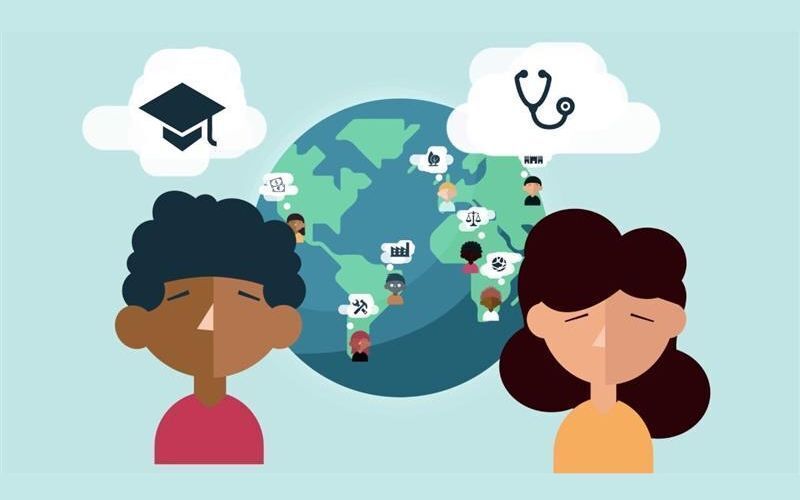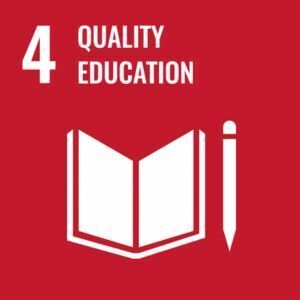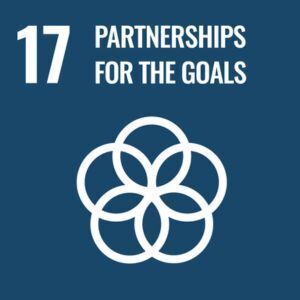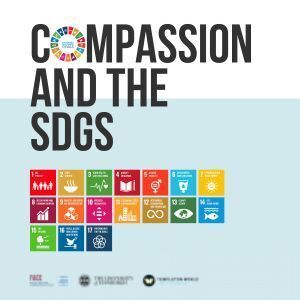Exemplar global education programs that have made significant contributions to promoting education worldwide are listed below. These programs represent a diverse range of approaches, from teacher recruitment and training to policy advocacy, literacy promotion, and technology integration. Each program addresses different aspects of education and contributes to improving educational outcomes and opportunities for children worldwide.
- Teach For All: Teach For All is a global network of independent organizations working towards providing quality education for all children. It originated from Teach For America and has expanded to over 60 countries. The program recruits and trains talented graduates to become teachers and leaders in underserved schools, aiming to address educational inequities and improve outcomes for students.
- Global Partnership for Education (GPE): The Global Partnership for Education is a multilateral partnership that brings together governments, international organizations, civil society, and the private sector to strengthen education systems in low-income countries. GPE provides financial resources, technical expertise, and policy guidance to support countries in their efforts to improve access to quality education and learning outcomes.
- Aflatoun International: Aflatoun International is a social and financial education program that empowers children and young people to become agents of change in their communities. It aims to equip them with knowledge and skills related to social and financial literacy, entrepreneurship, and rights awareness. Aflatoun operates in over 100 countries, partnering with schools and organizations to deliver its curriculum and foster children's social and economic development.
- Room to Read: Room to Read is a nonprofit organization that focuses on improving literacy and gender equality in education. It operates in low-income countries across Asia and Africa, establishing libraries, publishing local-language children's books, and implementing educational programs. The organization also promotes girls' education through its Girls' Education Program, providing support to girls to complete secondary school and succeed in life.
- One Laptop Per Child (OLPC): One Laptop Per Child is an initiative that aims to provide affordable, durable, and energy-efficient laptops to children in developing countries. OLPC believes that access to technology and digital resources can enhance educational opportunities and bridge the digital divide. The program has distributed millions of laptops, along with educational content and software, to children in various countries, enabling them to explore and learn through technology.
Below is a listing of funders who recognize the importance of education in fostering human development, reducing poverty, and promoting economic growth.
- United Nations Children's Fund (UNICEF): UNICEF works to ensure the rights of every child, including the right to education. They support education programs worldwide through advocacy, technical assistance, and financial contributions. UNICEF funds initiatives that promote access to education, improve learning outcomes, provide school supplies, and build school infrastructure in disadvantaged communities.
- The Global Education Network (GEN): GEN is a collaboration between various stakeholders, including governments, businesses, and civil society organizations, to support global education initiatives. GEN's primary focus is on achieving the Sustainable Development Goal 4, which aims to ensure inclusive and quality education for all. They fund innovative projects, facilitate partnerships, and advocate for increased investment in education.
- Open Society Foundations: The Open Society Foundations, founded by philanthropist George Soros, support education programs globally. They fund initiatives that promote educational equity, human rights, and social justice. Their funding areas include access to quality education, teacher training, advocacy for policy reform, and support for marginalized and underserved communities.
- The World Bank: The World Bank provides financial support for education programs in developing countries. Through its International Development Association (IDA) and other funding mechanisms, the World Bank supports initiatives to improve education infrastructure, strengthen education systems, and enhance learning outcomes. They also provide technical assistance and policy advice to governments in designing effective education strategies.
- Corporate Foundations and Social Responsibility Programs: Many corporations have established foundations or social responsibility programs that fund education initiatives. For example, the Bill & Melinda Gates Foundation supports education programs globally, focusing on improving educational outcomes, teacher effectiveness, and access to quality education. Other examples include the LEGO Foundation, Ford Foundation, Google.org, and many more.






